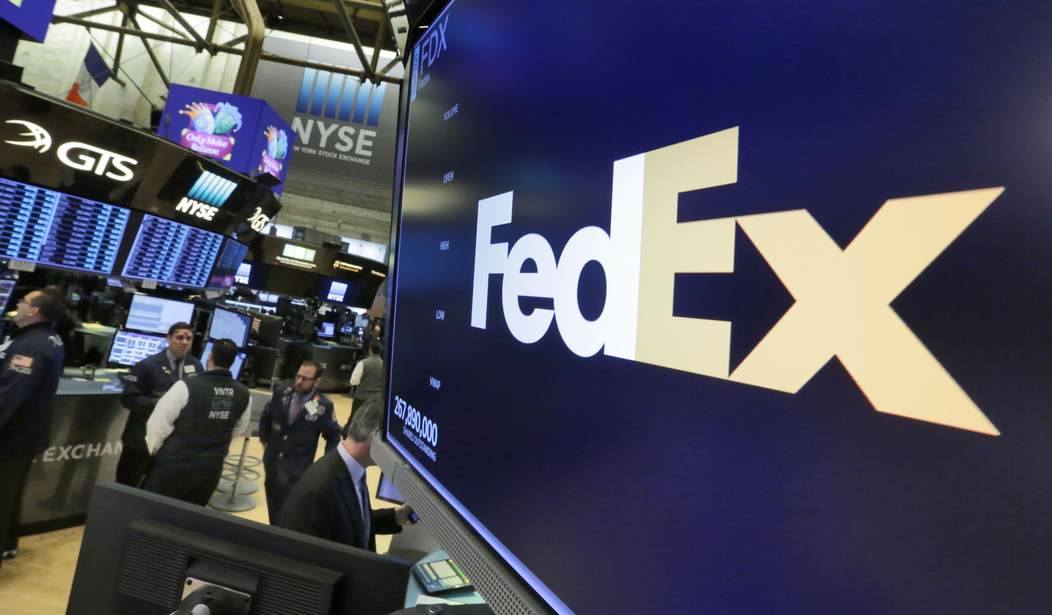Frederick Smith, the CEO of FedEx, has challenged the publisher of The New York Times to a public debate after the paper ran a tax story that claimed the company paid zero federal taxes in 2018.
“The New York Times published a distorted and factually incorrect story on the front page of the Sunday, November 17 edition concerning FedEx and our billions of dollars of tax payments and billions of dollars of investments in the U.S. economy,” Smith wrote. “Pertinent to this outrageous distortion of the truth is the fact that unlike FedEx, the New York Times paid zero federal income tax in 2017 on earnings of $111 million, and only $30 million in 2018 – 18% of their pretax book income. Also in 2018 the New York Times cut their capital investments nearly in half to $57 million, which equates to a rounding error when compared to the $6 billion of capital that FedEx invested in the U.S. economy during that same year.”
“I hereby challenge A.G. Sulzberger, publisher of the New York Times and the business section editor to a public debate in Washington, DC with me and the FedEx corporate vice president of tax,” Smith continued. “The focus of the debate should be federal tax policy and the relative societal benefits of business investments and the enormous intended benefits to the United States economy, especially lower and middle class wage earners.”
Absolutely brutal pic.twitter.com/wPRagUZddV
— Ryan Saavedra (@RealSaavedra) November 18, 2019
The article in question argued that FedEx owed more than $1.5 billion in taxes in fiscal year 2017, but the next year, nothing. The change, the paper asserted, was the Tax Cuts and Jobs Act, which FedEx supported.
Recommended
“The public face of its lobbying effort, which included a tax proposal of its own, was FedEx’s founder and chief executive, Frederick Smith, who repeatedly took to the airwaves to champion the power of tax cuts," the paper reported.
“Four months later, President Trump signed into law the $1.5 trillion tax cut that became his signature legislative achievement. FedEx reaped big savings, bringing its effective tax rate from 34 percent in fiscal year 2017 to less than zero in fiscal year 2018, meaning that, overall, the government technically owed it money. But it did not increase investment in new equipment and other assets in the fiscal year that followed, as Mr. Smith said businesses like his would,” the Times added. “Nearly two years after the tax law passed, the windfall to corporations like FedEx is becoming clear. A New York Times analysis of data compiled by Capital IQ shows no statistically meaningful relationship between the size of the tax cut that companies and industries received and the investments they made.”
They should make Sulzberger bring Paul Krugman
— Jim Hanson (@JimHansonDC) November 18, 2019
FedEx will kick the crap out of them for sure then https://t.co/cthD5Pwdww
























Join the conversation as a VIP Member